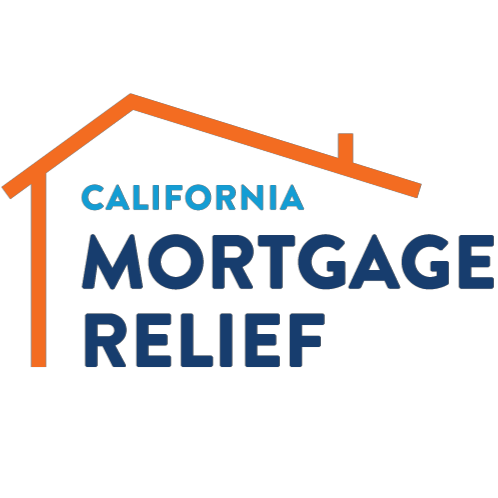Stay Safe
and Avoid
Scams
Stay Safe and Avoid Scams
Scammers may try and trick you into thinking they can help you with your mortgage payments or property tax payments, usually for a fee. Mortgage scammers may falsely tell you they can help modify your loan or provide other relief to avoid foreclosure, again usually by asking for money up front. By keeping the three facts below in mind, you can better protect yourself from becoming a victim.
1
The California Mortgage Relief Program is provided as a free service by the CalHFA Homeowner Relief Corporation. It is helping homeowners get caught up on past due housing payments, including financial assistance for past-due mortgages and property taxes. There is no cost to apply, and you are not required to pay any fees, for any reason.
2
The financial help you receive never has to be paid back. The money awarded is in the form of a grant which means it does not need to be repaid.
3
Funding will be sent directly from the California Mortgage Relief Program to your loan servicer or to the county tax collectors to completely cover your past-due amount.
Scammers may pressure you to act immediately. Resist the pressure to act immediately.
The foreclosure process is slow and complex and involves several legal processes which must be completed before you risk losing your home; this gives you time to apply for assistance. When in doubt, contact your mortgage loan servicer through a trusted form of communication. Your monthly mortgage statements are a great place to look for their contact information.
Other tactics scammers may use:
- Scammers may want you to pay only by cashier’s check or wire transfer. Scammers like you to pay this way because it’s hard to get your money back.
- Scammers may try to convince you to transfer the deed to your home to them. The deed is the legal document that proves who owns the home.
- Scammers come up with different stories to pressure you into paying them. Knowing some of their come-ons can help you avoid them.
- What scammers say: They’re housing counselors, they’re lawyers, they represent a law firm, or they’re from the government. The scammers say they’ll handle all the details of a deal with your lender to lower your mortgage payments or save your home from foreclosure. They’ll typically tell you not to contact your lender, lawyer, housing counselor, or credit counselor. They may tell you to make your mortgage payments directly to them — rather than to your lender — or to transfer your property deed to them.
- The scammer stops returning your calls and takes off with your money. If you hire someone who says they’re a lawyer, make sure the lawyer is licensed in your state and reputable. Just because a lawyer works for the company doesn’t mean the company can charge you an upfront fee or that it’s legitimate.
Scammers may also:
- Promise to get you a loan modification.
- Ask you to sign papers that you do not understand.
- Say you should start making payments to someone other than your servicer or lender.
- Tell you to stop making mortgage loan payments altogether.
If anyone has made any of these requests or claims, you can report that company by submitting a complaint with the Consumer Financial Protection Bureau online or by calling (855) 411-CFPB (2372).
If you suspect fraud or misrepresentation of the California Mortgage Relief Program by a real estate broker or salesperson, call the California Department of Real Estate at 877-373-4542. If you believe your mortgage servicer is acting unlawfully, contact the Department of Financial Protection and Innovation through email at [email protected].
Help Us Identify and Stop Coronavirus Response Fraud
Report Allegations of Fraud or Other Criminal Activity
You may report identified or suspected fraud to the Treasury OIG’s Investigation Services at https://oig.treasury.gov/report-fraud-waste-and-abuse.
Per the State Administrative Manual, section 20080, Notification of Actual or Suspected Frauds and Irregularities, entities must notify the OSAE and the State Auditor of all cases of actual or suspected fraud, theft, or other irregularities.
You may report identified or suspected fraud to the State Auditor at www.auditor.ca.gov/hotline.

